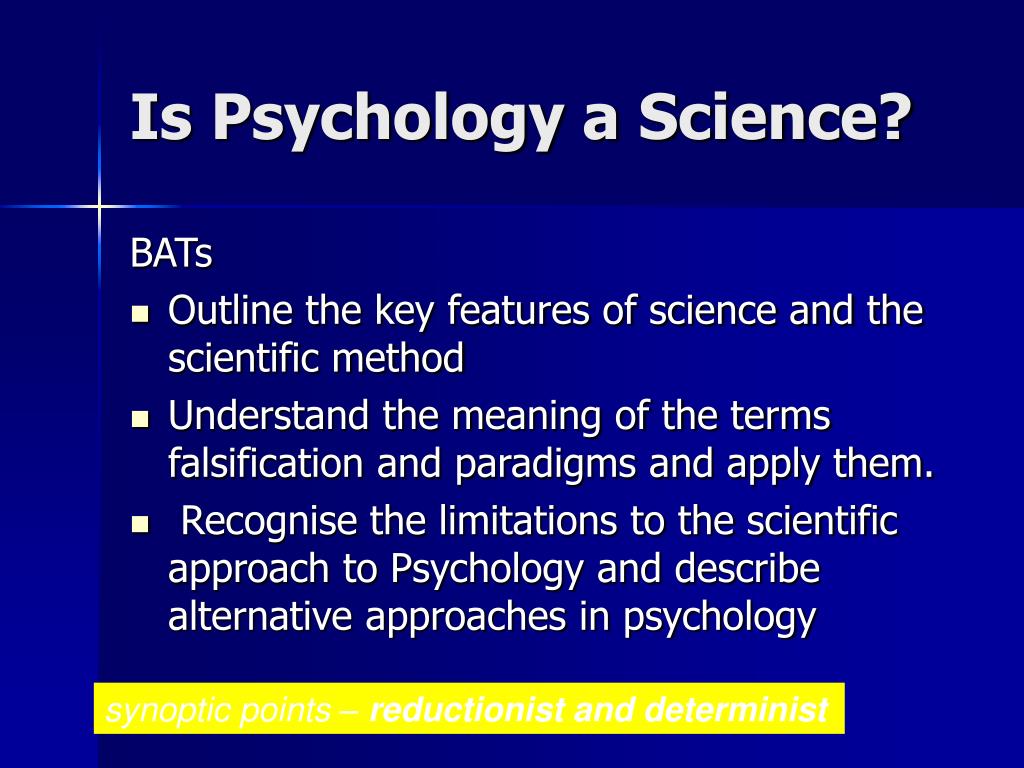The Cursus Honorum and Gracchi Brothers: Transformative Forces in Roman Politics
The cursus honorum: Rome’s political ladder
The cursus honorum, Latin for” course of honors,” represent the sequential order of public offices hold by aspire politicians in the Roman Republic. This structured career path basically shapes roman political culture by create a standardized progression through which ambitious men could climb to positions of power and influence.
Primitively establish to prevent individuals from amass excessively much power excessively promptly, the cursus honorum require candidates to meet specific age requirements and maintain intervals between offices. This system create a predictable framework for political advancement while theoretically ensure that those who reach the highest offices possess sufficient experience and maturity.
Structure and requirements
The traditional cursus honorum consist of a series of magistrates, each with increase responsibility and prestige:
-
Quarter
The entry level position, typically responsible for financial administration and serve as assistants to governors in provinces -
Exile
Officials responsible for public buildings, festivals, and games -
Praetor
Judicial officials with imperium (command power )who could lead armies and govern provinces -
Consul
The eminent regular magistracy, with two consuls elect yearly to lead the republic -
Censor
A prestigious position fill by former consuls who conduct the census and review the moral conduct of citizens
Military service was a prerequisite before enter the cursus honorum, typically require ten years of service for patricians. Additionally, age requirements (minimum ages for each office )and mandatory intervals between positions were rigorously enenforcedo prevent rapid advancement.
Political impact of the cursus honorum
The cursus honorum deeply influence roman politics in several ways:
Create political stability
By establish a clear progression of offices, the cursus honorum provide predictability and stability to the roman political system. Ambitious men know incisively which steps they need to take to advance their careers, reduce political chaos and prevent radical disruptions to the establish order.
Reinforce aristocratic control
Despite its appearance as a meritocratic system, the cursus honorum efficaciously reinforce aristocratic dominance of roman politics. The significant costs associate with campaign and hold public office — specially the mediumship, which require finance public games and festivals — mean that, but wealthy individuals from established families could realistically pursue the full sequence of offices.
The system therefore become a mechanism for maintaining the power of the nobility while provide the illusion of political mobility. The same prominent famili( gentse)) repeatedly produce consuls, create political dynasties that dominate the republic.
Balancing competition and cooperation
The cursus honorum create a unique political environment that simultaneously encourage fierce competition among individuals while foster cooperation within the rule class. Politicians compete intensely for offices and prestige, yet the share experience of climb the same ladder generate a sense of collective identity among the govern elite.
This combination of competition and cohesion helped maintain the stability of the republic for centuries, as ambitious individuals channel their energy into the establish system quite than attempt to overthrow it.
Evolution and manipulation
Over time, politicians find ways to manipulate the cursus honorum for personal advantage. Sulla’s reforms in the early first century BCE formalize many aspects of the system, but exceptional individuals progressively receive exemptions from age requirements or other restrictions.
Julius Caesar’s rapid rise and eventual dictatorship represent the ultimate subversion of the cursus honorum’s principles, as he accumulates offices and powers that undermine the system’s checks and balances. The breakdown of these traditional constraints contribute importantly to the republic’s eventual collapse.
The Gracchus brothers: revolutionary reformers
Against the backdrop of to establish cursus honorum, the gGracchusbrothers — Tiberius and gains Gracchus — emerge as transformative figures whose brief political careers and violent deaths basically alter the course of roman politics.
Tiberius Gracchus: land reform and political crisis
Elect tribune of the plebs in 133 BCE, Tiberius Gracchus now challenge the political status quo by propose a radical land reform law (lledssymphonicaagraria). His legislation aim to address the ggrowthcrisis of landless citizens by redistribute publically own land( age ppublic u) that had been illicitly ooccupiedby wealthy landowners.
The reform have profound implications: it’d provide land to impoverished citizens, increase the number of property owners eligible for military service, and reduce the power of large landholders who dominate the senate. Predictably, the senatorial elite ferociously opposes these measures.
Constitutional crisis and violence
When face with senatorial opposition, Tiberius take the unprecedented step of bypass the senate wholly, take his law direct to the plebeian assembly. This procedural maneuver, while technically legal, violate political norms that had maintained stability in the republic for generations.
The situation escalate when Tiberius seek reelection to the tribute for a second consecutive year — another violation of political tradition. Senators, lead by his cousin scScipioabasicrespond with shocking violence. Tiberius and roughly 300 of his supporters were beat to death with clubs and stool legs, their bodies throw into the tibTiberver.
This event mark the first instance of large scale political violence in Rome in virtually four centuries and set a dangerous precedent for resolve political disputes through bloodshed sooner than compromise.
Gains Gracchus: expand the reform agenda
A decade after his brother’s murder, gains Gracchus win election as tribune in 123 BCE and again in 122 BCE. More politically astute than his brother, gains implement a broader and more sophisticated reform program that target multiple constituencies:
- Continue land redistribution efforts
- Establish colonies to provide opportunities for landless citizens
- Create a grain subsidy (lledfrumentaria )to ensure affordable food for urban residents
- Reform jury courts to reduce senatorial control of the judicial system
- Extend political rights to Italian allies
This comprehensive agenda threaten the senate’s monopoly on power by build a coalition of supporters among various groups: the urban poor, rural smallholders, equestrians (wealthy non senators ) and itItalianllies.
The second martyrdom
The senate respond to gains’s reforms by employ a new political tactic — use another tribune, Marcus living dress, to propose yet more popular measures, thereby undermine ggainss support. When ggainsfail to win a third term as tribune, the senate move against him.
In 121 BCE, the senate pass the senates consul tumoptimumm( ” final decree of the senate”)—effectively a declaration of martial law — for the first time in roman history. In the ensue violence, gains was killed along with thousands of his supporters.
The transformation of roman politics
The careers and deaths of the Gracchus brothers, set against the backdrop of the cursus honorum, permanently alter roman political culture in several profound ways:
Normalization of political violence
Perchance the virtually significant consequence was the legitimization of violence as a political tool. Before the Gracchus, political disputes inRomee were broadlyresolvede through compromise, negotiation, and establish constitutional procedures. After their deaths, violence becomaan progressively common method for resolve political conflicts.
This normalization of bloodshed create a dangerous precedent that would be followed repeatedly in the final century of the republic. The murders of thGracchushi open the door to civil wars, proscriptions, and political assassinations that finally destroy the republican system all.
Polarization of roman politics
The Gracchus crisis transform roman politics from a comparatively cohesive system dominate by aristocratic competition within accept boundaries toan progressively polarize struggle between estimates (conservatives support senatorial authority )and popopular po(ticians who appeal straightaway to the people ).
)

Source: eaglesanddragonspublishing.com
This ideological division replaces the previous system where politicians principally compete as individuals quite than as representatives of compete political philosophies. The result was a more fractured political landscape where compromise become progressively difficult.
Rise of the army as a political force
The Gracchus brothers’ reforms, peculiarly their land redistribution efforts, were part motivate by military concerns —Romee need property own citizens to fill the ranks of its legions. The failure of these reforms contribute to agrowthw crisis in military recruitment that would finally lead Mariusius’s military reforms.
Marius open the legions to landless citizens (cCapotecCESI))create a new type of soldier loyal to their general instead than to the state. This transformation finally enaenablesbitious commanders like suSullapoPompeyand caCaesaro use their armies as personal political tools, alairndermine republican institutions.
Expansion of political participation
Despite their failures, the Gracchus permanently expand the scope of political participation inRomee. By demonstrate that thetributee could be uusedto challenge senatorial authority and implement major reforms, they create a model for future popular politicians.
Their legacy inspire subsequent reformers to appeal direct to the people through the popular assemblies, bypass traditional senatorial authority. This approach essentially alters the balance of power in roman politics, weaken the senate’s monopoly onpolicymakingg.
The social war and citizenship expansion
Gains Gracchus’s proposal to extend citizenship to Italian allies, though unsuccessful in his lifetime, raise expectations among Rome’s allies. The senate’s continued resistance to these demands finally lead to the social war (91 88 bBCE) after which roRomeas force to grant citizenship to all free itItalians
This expansion of citizenship transform Rome from a city state with dependencies to something closer to a nation state, essentially alter the nature of roman politics and set the stage for the empire’s eventual development.
Legacy: from republic to empire
The combined impact of the cursus honorum’s manipulation and the political violence initiate by the Gracchus crisis create conditions that make the republic’s fall about inevitable. The traditional career path that had erstwhileprovidede stability become progressively irrelevant as ambitious generals likMariususSullalaPompeyey, anCaesarar accumulate extraordinary powers outside the normal sequence.
Augustus, Rome’s first emperor, recognize the symbolic importance of the cursus honorum eve as he dismantles the republic’s actual power structures. Hemaintainsn the traditional offices as ceremonial positions while concentrate real authority in his own hands. This approach allow him to create an autocratic system disguise as a restoration of republican traditions.
The Gracchus brothers, despite their failures and violent ends, emerge as martyrs whose memory inspire generations of reformers. JuliusCaesarr intentionallycultivatese connections to their legacy, visit the statue ogainsuGracchusus and emphasize his own family relationship to them through his aunJuliaia, who had beemarriedrygainsaius.
Yet in the empire, the Gracchus remain powerful symbols of resistance to oligarchic power. Their reforms — specially the grain subsidy — become permanent features of roman governance that emperors maintain to secure popular support.
Conclusion
The cursus honorum and the Gracchus brothers represent opposite faces of roman political culture: one embody tradition, stability, and aristocratic control; the other represent reform, popular sovereignty, and challenges to establish power. Unitedly, they illustrate the tension between institutional continuity and necessary reform that finally prove impossible to resolve within the republican framework.
The cursus honorum’s rigid structure initially provide political stability but finally fail to adapt to Rome’s change social and economic realities. The Gracchus brothers identify critical problems threatenRomee’s future — grow inequality, the decline of the small farmer class, and the concentration of land ownership — but their attempts at reform shatter the political consensus that hadsustainedn the republic.
The violent deaths of Tiberius and gains Gracchus mark a point of no return in roman history. Erstwhile political murder become acceptable, the republic enters a downward spiral of escalate violence that would continue for virtually a century untilAugustuss establish the principate on the republic’s ruins.
This transformation — from a system govern by law and tradition to one progressively dominate by force — reveal the fragility of political norms in the face of social crisis. The cursus honorum could regulate ambition in normal times, but it proves inadequate when confront with the fundamental social and economic challenges that theGracchusi seek to address.

Source: eaglesanddragonspublishing.com
The ultimate legacy of both the cursus honorum and the Gracchus brothers lie in their demonstration of how political systems must balance tradition with reform, stability with adaptation. Their story remain relevant as a cautionary tale about the consequences when political institutions fail to evolve peacefully to address social inequities, lead alternatively to cycles of violence that destroy the very systems they were mean to preserve.



